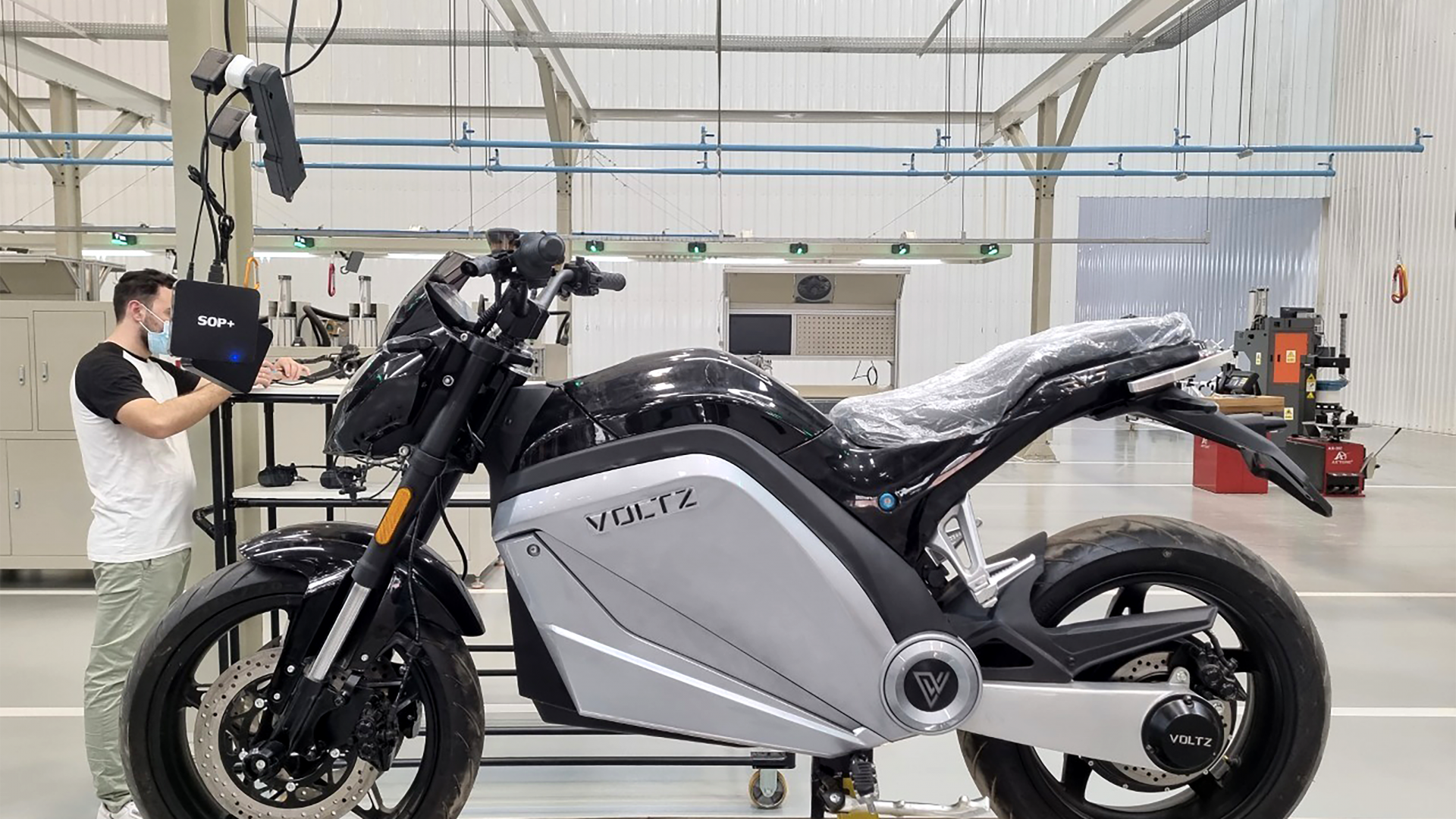The Covid pandemic led to global disruption for the manufacturing sector and is still causing turmoil in the flow of inputs and components to the West from Asia, leading to a surge in terms such as deglobalization, vertical integration, and self-sufficiency.
One example of these struggles can be found in Brazil’s electric vehicle industry, particularly with regard to motorcycles. Honda commands a market share of over 70 percent for motorcycles in Brazil and has been introducing its concept of electric bikes in recent years. Now, it will officially launch its first electric unit later this year, but only in Asia.
The same can be said for Yamaha, which takes second place in the Brazilian market. It has only made its electric scooter available in the Asian and European markets.
This apparent gap has opened up space for automotive startups, who are managing to get their electric vehicle projects off the ground by important parts from partners far away and co-creating products and services with allies that often have no prior connection to the automotive industry.
Founded in the northeastern city of Recife in late 2019, Voltz Motors started producing its motorcycles by importing nearly 100 percent of parts from Chinese suppliers. The components arrive at the nearby Port of Suape, to be assembled at the startup’s distribution center.
Now, four months after Voltz opened a factory in the Manaus free-trade zone, most parts still arrive in containers at the ports of Suape and Santos, the busiest in Brazil. But little by little, the proportion of parts manufactured by local suppliers is gaining ground.
“They make 10 to 15 percent of the EV1 [Voltz’s scooter] and EVS [the brand’s street bike]. With our tricycle [called Miles], however, we’ll manufacture almost everything in Brazil,” says Adelino Cardoso, Voltz director of operations and engineering. About a year ago, Mr. Cardoso was in charge of Harley Davidson’s factory in Manaus.
The idea is, over time, to buy well-made parts in Brazil and anything that is consumable, i.e., parts and devices that consumers may want to change, improve, or add on their own, such as tires and accessories.
Moreover, as an automotive tech firm, Voltz’s focus is less on its hardware and more on its embedded technology and everything that entails. “We’ve been testing several devices to create an Advanced Driver Assistance System (ADAS) of our own. The market, in this sense, is advanced for cars, but not so much for two wheels. This is where we believe we can make a difference,” says Mr. Cardoso.
Initially, the idea is for the system to monitor traffic ahead using a head-up radar, and alert the motorcyclist of...


 Search
Search






































